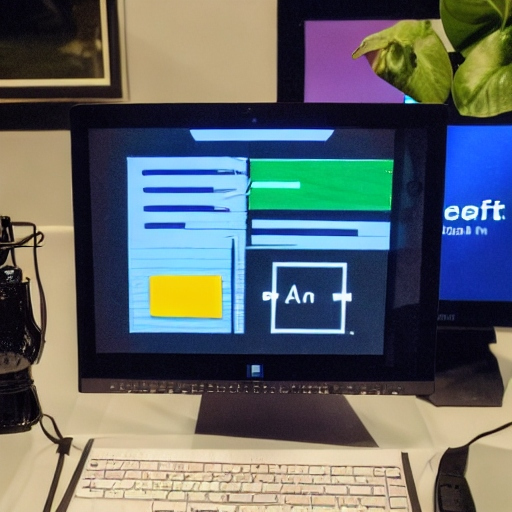Llama 2, an open-source huge language model from Meta that will be featured on Microsoft’s Windows and cloud computing platform Azure, has been released by big tech companies Meta and Microsoft.
On July 18, the partners announced their collaboration, noting that Llama 2 had been made available for free for research and commercial usage and had been enhanced for Windows.
It was confirmed by the statement that Llama 2 would be developed for companies and researchers to build apps on Meta’s AI tech stack.
In comparison to Llama 1, Meta asserted that Llama 2 was trained on 40% more publicly accessible web data sources and can process twice as much context.
The company said that when it comes to coding, proficiency, reasoning, and performance on knowledge examinations, Llama 2 beats many rival open-source LLMs. According to one of its research publications, Meta acknowledged that its efficiency isn’t quite as high as that of its closed-source rivals, such as OpenAI’s GPT-4.
Mark Zuckerberg, CEO of Meta, wrote on Instagram on 18 July that Llama 2 allows academics and companies access to use our next-generation large language model as the basis of their work.
Following the introduction of Llama 1’s limited version in February, which garnered over 100,000 access requests, Meta stated that it was “blown away” by the demand. A user of the imageboard website 4chan quickly leaked the model online.
The estimates provided by Llama 1 differed significantly from those of ChatGPT, which, according to a February Reuters report, saw an estimated 100 million or more users sign up to utilize the model in the first three months.
With the alliance, Microsoft now supports two significant firms in the AI market. According to a January article, Microsoft would invest a total of $13 million in OpenAI over the course of 2023.
Two US senators criticized Meta’s choice to make Llama open source in June, claiming that the “seemingly minimal” security measures in the initial release of Llama could have made it easier for nefarious users to carry out “criminal tasks.”








